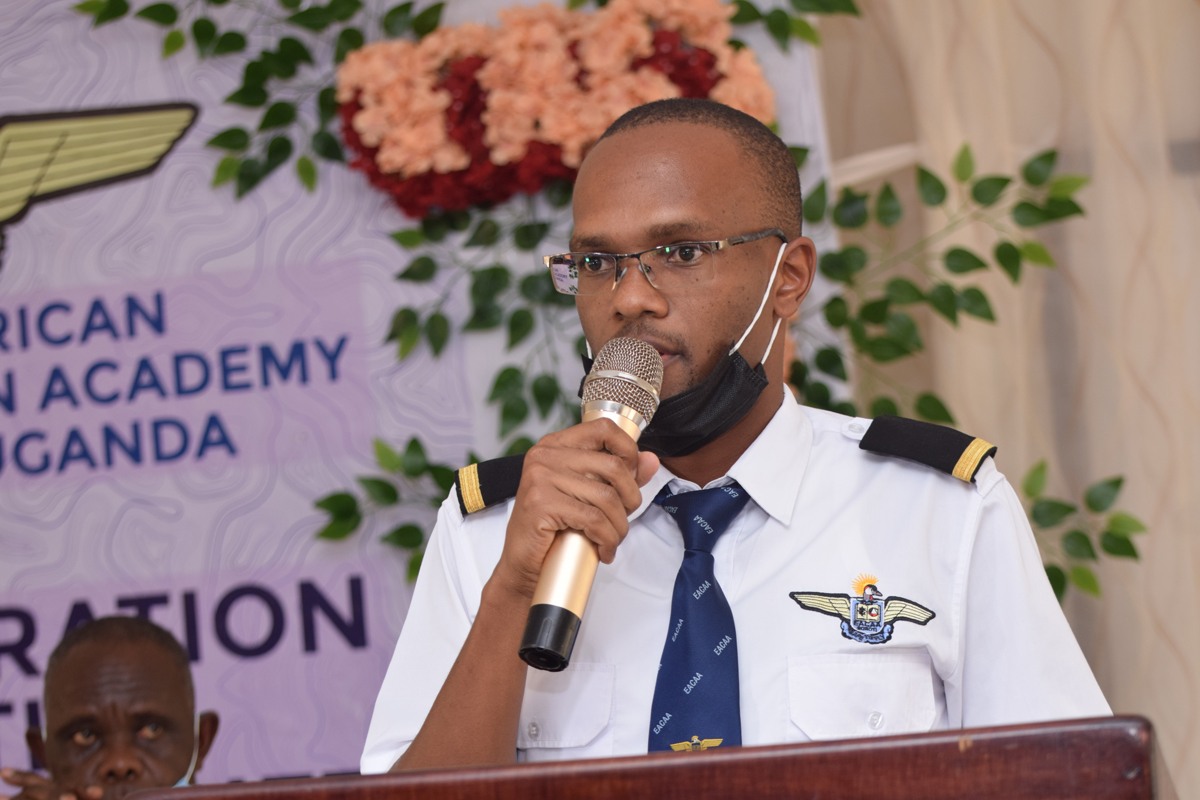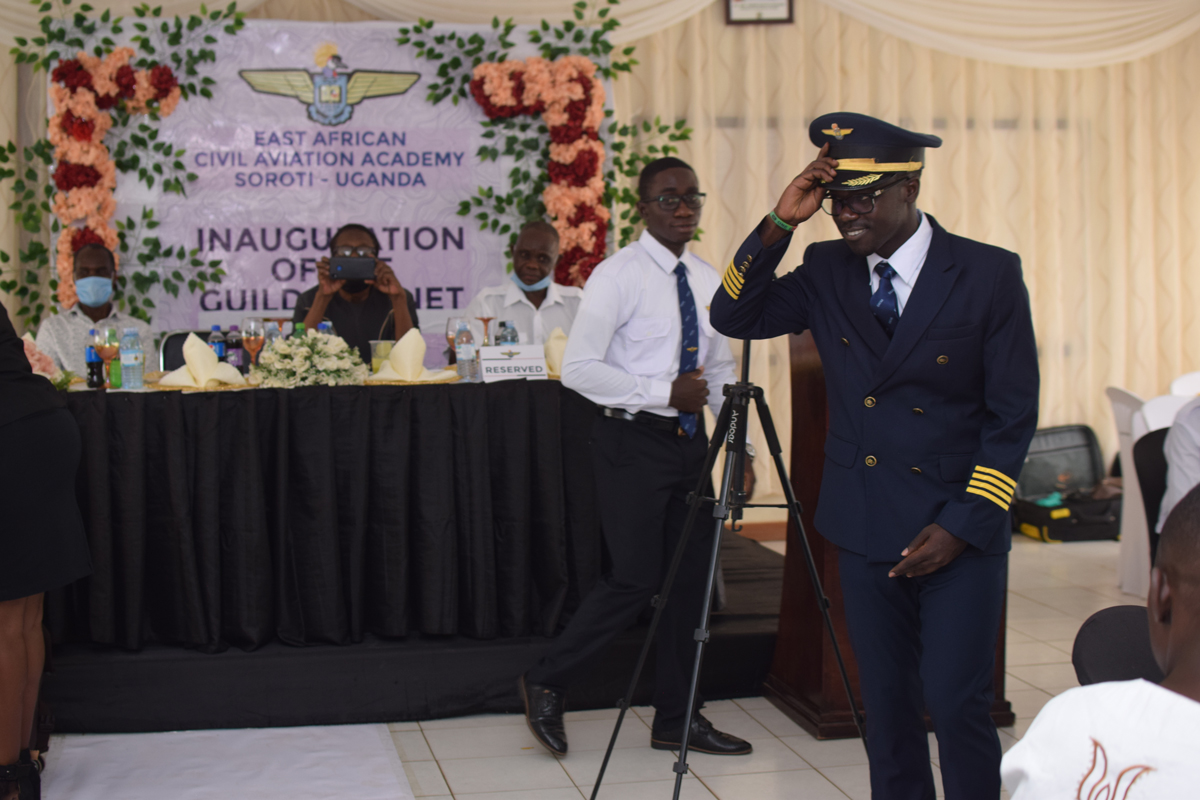The East African Civil Aviation Academy was established in 1971 under the Directorate of Civil Aviation under the then, East African Community and was later merged with the Ministry of Works and Transport as a Department in 1985. The Academy has been in existence for the past 51 years providing superbly educated and trained Aviators to the Aviation Industry. The Academy's courses include Flight Training, Aircraft Maintenance Engineering Training, Flight Operations and other short support courses. Our institution has grown from a small local academy to a nationally recognized center of excellence in education. We began with just 20 students in a single building has now flourished into a vibrant educational community serving over 100 students annually.
1970s – 1980s: Early Growth and Regional Training Hub
EACAA quickly became a premier aviation training institution in East Africa, offering courses in:
- Pilot Training (Private & Commercial Pilot Licenses)
- Aircraft Maintenance Engineering (AME)
It served students from Kenya, Tanzania, Uganda, and beyond, contributing to the growth of civil aviation in Africa.
Late 1980s – 1990s: Challenges Due to Political Instability
The collapse of the East African Community (EAC) in 1977 affected funding and operations.
Uganda’s political and economic instability in the 1980s led to a decline in infrastructure and training capacity.
Despite challenges, the academy continued operating under Ministry of Works and Transport regulated by Uganda Civil Aviation Authority (UCAA)
2000s: Revival and Modernization
With the re-establishment of the East African Community (EAC) in 2000, efforts were made to revive the academy.
Uganda took full management under the UCAA, investing in:
Modern training equipment (simulators, aircraft)
Curriculum upgrades to meet International Civil Aviation Organization (ICAO) standards.
Partnerships with global aviation bodies.
2010s – Present: Expansion and International Recognition
2010s: EACAA regained its reputation as a key aviation training center in Africa.
New courses introduced, including IATA course trainings.
Increased collaborations with airlines, aviation authorities, and international training organizations like AATO.
Despite the COVID-19 pandemic’s impact, the academy adapted with hybrid training models.
Current Status: EACAA continues to train pilots, engineers, and Flight Operations Officers, serving East Africa and beyond.









